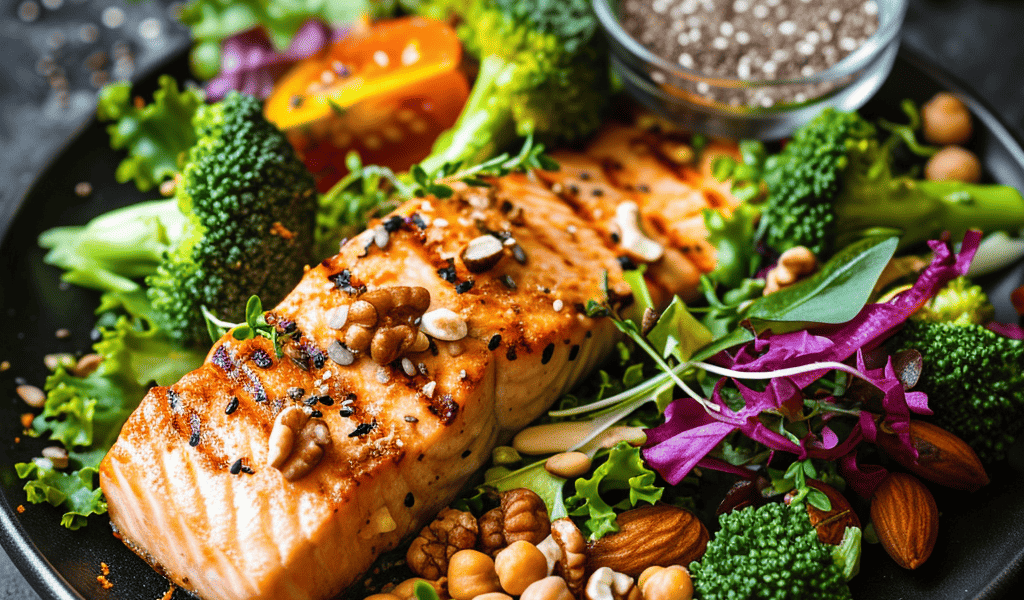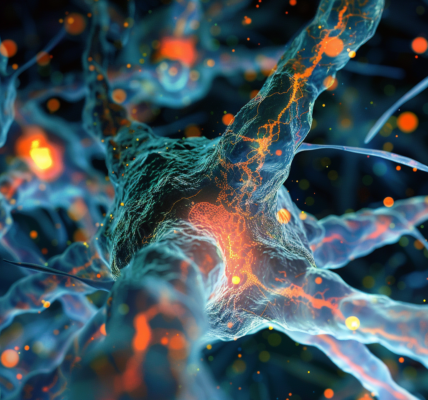With winter in full swing, many of us may be feeling more lethargic than usual and therefore craving energy-boosting foods. There are several possible reasons for why you may be exhausted, from increased melatonin production making us feel sleepier to a lack of sunlight and hence vitamin D. However, the good news is that there are ways to mitigate winter’s effects through what you’re eating. “We want to focus on foods that help encourage satiety, keep our blood sugar steady, and deliver the core nutrients we need that, over time, cultivate a robust metabolism and emotional state,” says Rhian Stephenson, founder of Artah Health. Here are some of the best energy-boosting foods to put on your plate.
Eat your omegas.
Of all the macronutrients—protein, carbohydrates and fat—fat is the most energy dense, providing more than twice as many calories per gram as its counterparts. Omega-3s are essential fats that the body must source from food because it doesn’t produce them itself. As well as being particularly key to heart, brain, and eye health, omega-3s support the immune system and provide the body with energy. Although we could all stand to incorporate more into our diet year-round, during the winter in particular dietary habits mean we tend to eat less. If you can’t get your hands on enough fish (around two portions a week of things like tuna, trout, or salmon is ideal), other good sources of omega-3 include flaxseed, walnuts, and chia seeds.
Balance your blood sugar.
“In addition to eating foods that are nutrient dense, it’s important to consider what foods to include and exclude to help create balanced, stable blood sugar, which has a direct effect on our energy,” says Stephenson. High-carb foods like bread and pasta can cause blood sugar to spike, which can lead to feelings of sluggishness, so if you need to energize, swap high-GI and carb-rich foods for leafy greens like spinach and broccoli and legumes including chickpeas, which absorb into the bloodstream more slowly. “Blood sugar needs to be tightly regulated in the body for us to function well,” Stephenson explains. “We want to see a gradual rise and fall in blood sugar, not a spike.” To really eat optimally for your blood sugar levels and ensure consistent energy, the order in which you eat your food also matters, as it helps buffer the digestion of high-GI foods. High-water food and foods that are rich in fiber should be eaten first, followed by protein, fats, and finally carbs and high-sugar foods.
Top up your vitamin D.
The hormone thyroxine helps to control our ability to





